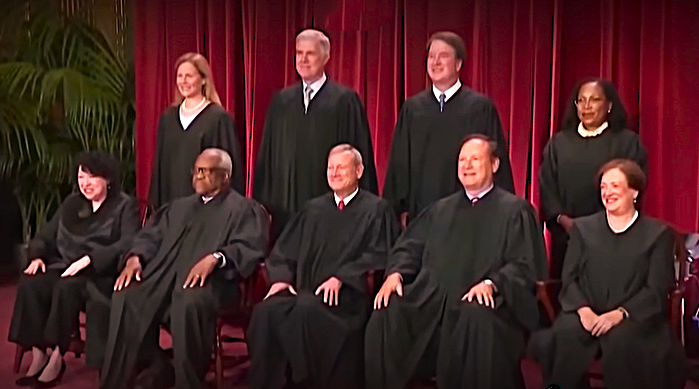Supreme Court Strikes Blow to Planned Parenthood: Rules States May Cut Medicaid Support for Organization
- Natalie Frank
- Jun 27, 2025
- 1 min read
Landmark decision angers many, redefining patient rights, igniting fierce debate over state control of reproductive healthcare
Natalie C. Frank, Ph.D June 27, 2025

WASHINGTON — In a split 6–3 decision on Thursday, the U.S. Supreme Court granted states the authority to deny Medicaid funding to Planned Parenthood for services unrelated to abortion, such as contraception, cancer screenings, and STD testing. This effectively blocks patient lawsuits that previously challenged such exclusions.
Although the case didn't directly involve abortion funding, it occurs amid a broader effort by many GOP-led states to cut funding to the organization. The Court’s conservative majority expressed that, while Medicaid recipients have the right to choose their providers, this doesn’t amount to a judicially enforceable right. Justice Gorsuch emphasized that decisions about Medicaid funding and provider access should be made by legislators, not courts.
In 2018, South Carolina's Republican governor, Henry McMaster, implemented a policy preventing Medicaid from funding certain clinics, leading to a legal challenge from Julie Edwards—a patient with diabetes who argued that her health could be harmed if she couldn’t access reproductive care through Medicaid at Planned Parenthood. Edwards had previously succeeded in lower courts, but today’s Supreme Court decision overturned that ruling.
Justice Gorsuch’s majority opinion emphasized that questions about Medicaid policy are best left to elected officials, citing the importance of legislative authority.






